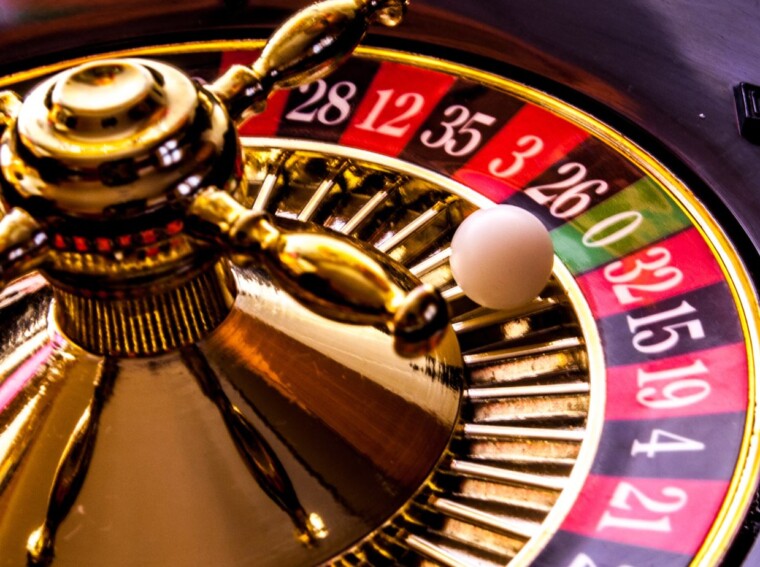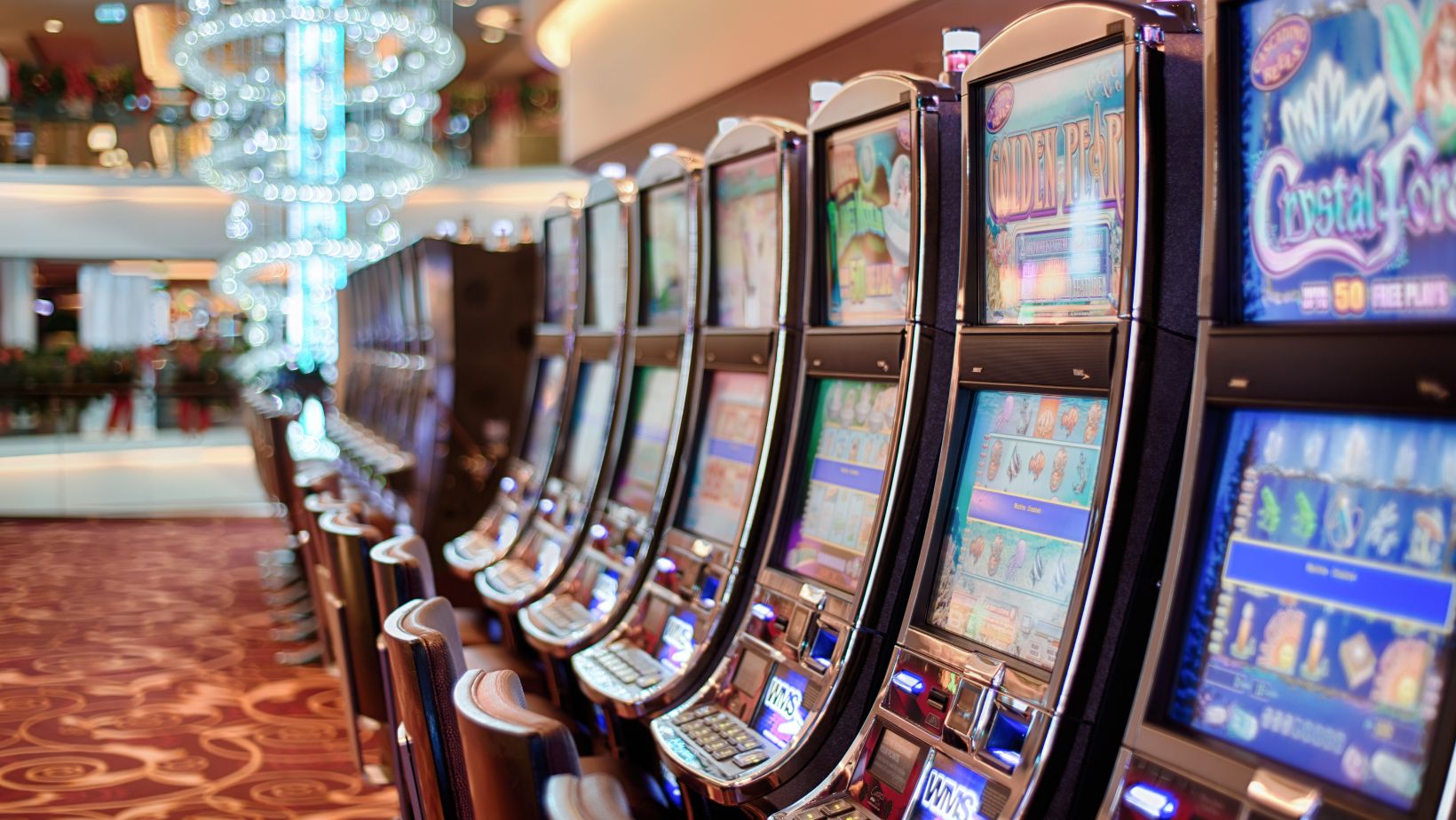When a player spins the reels of a Call of Duty slot machine or lines up symbols of Lara Croft from Tomb Raider, it’s more than a gambling experience—it’s a collision of two multibillion-dollar industries. Video game franchises crossing over into casino gaming is a phenomenon transforming both sectors, captivating new demographics, and raising provocative ethical questions.
It’s also emblematic of a broader trend: the blending of digital entertainment, real money gaming, and brand recognition. And as the online gambling industry grows globally—including on emerging bitcoin sites for Kiwi players—it’s no surprise that casinos and gaming publishers are increasingly looking for ways to join forces.
But what drives these collaborations? And where does the line lie between entertainment and exploitation?
Famous Gaming Franchises With Slot Machine Adaptations
Walk through a modern casino floor—or browse an online slots lobby—and you’re bound to see familiar faces from the world of video games. Once upon a time, slot machines were adorned with generic cherries and lucky sevens. Today, they’re a canvas for pop-culture storytelling, with major gaming IPs leading the charge.
Tomb Raider, one of the earliest trailblazers, debuted as a slot machine in the mid-2000s. Microgaming’s online slot adaptation featured iconic visuals of Lara Croft, bonus rounds reminiscent of puzzle-solving, and music lifted from the video game series. For fans of the franchise, it wasn’t just a slot—it was an interactive nostalgia trip.
Street Fighter II followed, reimagined by NetEnt as a slot game complete with battle sequences, character selection, and special moves that trigger bonus features. Players could choose Ryu, Ken, Chun-Li, and other fighters, transforming ordinary spins into a mini arcade experience.
Meanwhile, Call of Duty entered the casino scene with branded slot machines in physical casinos, combining military visuals, rapid-fire bonus rounds, and recognizable sound effects to appeal to the franchise’s legion of fans.
Beyond these giants, other franchises have crossed over:
- Hitman: A stealth-themed slot featuring Agent 47’s signature weapons;
- Resident Evil: Horror-inspired slot reels with cinematic bonus scenes;
- Halo (rumoured but not officially released): Fans speculate that a sci-fi slot adaptation would be a natural fit.
These games often preserve franchise-specific mechanics—like combo attacks, unlockable stages, or narrative cutscenes—to make the slots feel less like pure gambling and more like interactive entertainment.
How Gaming IPs Bring New Audiences To Casinos
For casino operators, collaborating with major video game brands isn’t merely about slapping familiar logos onto slot cabinets—it’s about attracting an entirely new customer base.
Historically, casinos catered to older demographics. Younger adults, raised on consoles and esports, are less enticed by classic slots. Integrating gaming IPs bridges this generational gap, inviting millennials and Gen Z into casino spaces, both physical and digital.
When a gamer sees Chun-Li executing a Spinning Bird Kick on slot reels, the barrier between gaming and gambling blurs. The emotional resonance of beloved characters makes casino games feel familiar—and safer—despite the stakes.
Consider these marketing advantages:
- Brand loyalty: Fans of gaming franchises often follow their favourite characters into new entertainment formats.
- Social sharing: Visually striking slots encourage screenshots and social media buzz.
- Higher engagement: Gaming-themed slots often integrate mini-games or narratives, keeping players spinning longer.
A clear example of crossover appeal can be seen in online casinos, where game-themed slots boast higher average session times compared to generic titles. Operators have recognized that the power of nostalgia and fandom can drive both acquisition and retention.
This is particularly relevant in markets like New Zealand, where digital-savvy consumers gravitate toward online gaming experiences—and where casinos increasingly compete with entertainment apps, streaming services, and mobile games for attention.
Legal And Licensing Challenges In Crossover Collaborations
Turning a beloved video game franchise into a slot machine is not as simple as importing graphics and music. It’s a legal labyrinth.
Gaming IPs are protected by complex webs of copyrights, trademarks, and personality rights, especially if characters are modelled after real actors. Before a casino developer can use a single pixel of Lara Croft’s silhouette, they must secure licensing agreements from the original game publisher—and possibly film studios or actors.
A few of the legal hurdles include:
- Royalties and revenue splits: Gaming companies often demand significant revenue shares from gambling products using their IP.
- Content restrictions: Many publishers impose strict guidelines on how characters can appear in a gambling context to avoid brand dilution.
- Geographical licensing: An IP license might cover only certain regions, complicating global releases of branded slot machines.
- Regulatory hurdles: Some jurisdictions prohibit certain types of imagery or require separate licensing for branded games.
For instance, licensing negotiations for the Tomb Raider slot involved multiple parties, including game developers, film studios, and image rights holders. The process took years.
It’s no coincidence that many rumoured slot collaborations—like a Halo slot—never see the light of day. Negotiating IP usage in the gambling industry is an expensive, high-stakes proposition.
What Gaming Franchises Would Work Well As Casino Games?
Given the commercial success of early crossovers, it’s inevitable that more gaming franchises will enter the casino world. The question is: which ones?
Several franchises appear tailor-made for slot machine or casino adaptations:
| Franchise | Why It Fits for Casino Games |
| Fortnite | Bright visuals, iconic characters, and a huge fanbase ripe for social slots or tournaments |
| The Legend of Zelda | Puzzle-solving themes could translate into bonus rounds or interactive features |
| Overwatch | Team-based characters and ultimate moves offer dynamic slot mechanics |
| Assassin’s Creed | Stealth missions and period settings could be woven into engaging slot narratives |
A Fortnite-themed slot, for instance, could integrate dance emotes, Battle Royale mechanics, and seasonal updates to keep the game feeling fresh. Similarly, Overwatch’s diverse heroes and abilities would be perfect for multi-feature bonus rounds.
However, even if the mechanics align, the question remains whether gaming companies are willing to associate family-friendly franchises with gambling—a debate likely to intensify in the years ahead.
Should Developers Endorse Gambling?
At the heart of the crossover trend lies a thorny ethical dilemma: should video game developers align their brands with gambling products?
For franchises with older audiences, like Call of Duty, the ethical waters are murky but manageable. For more youth-oriented games, such as Fortnite or Pokémon, the risks are significantly higher. Parents and regulators are wary of exposing younger audiences to gambling mechanics, even in a branded slot format.
There’s growing concern that:
- Familiar characters might “normalize” gambling among underage players.
- Branded slots blur the lines between entertainment and real-money risk.
- Young adults, who often play these games, could be more vulnerable to problem gambling.
Several game publishers have publicly stated they have no interest in seeing their IPs used in gambling contexts. Nintendo, for instance, remains protective of its family-friendly image, avoiding even the perception of association with slots or casinos.
Still, others argue that adults should be free to enjoy branded slots just as they might enjoy movie-themed games. Provided that marketing is responsible and not aimed at minors, some see no ethical barrier to crossover collaborations.
Yet, in a world increasingly concerned about loot boxes and microtransactions, the public is scrutinizing every link between gaming and gambling. As crossover projects expand, so too will calls for clearer boundaries.

